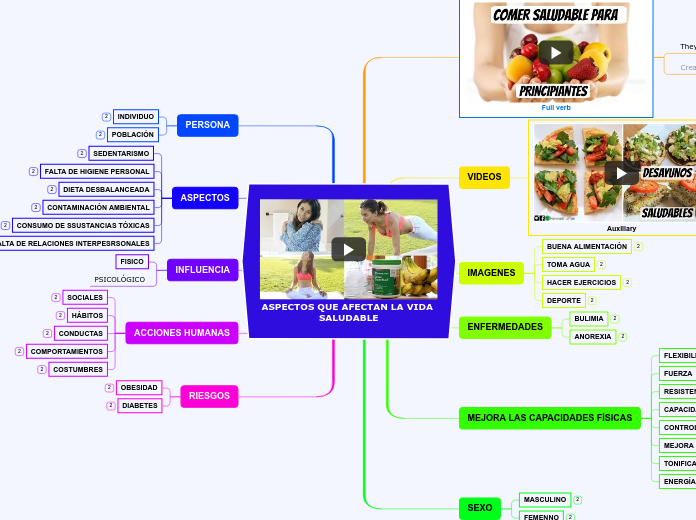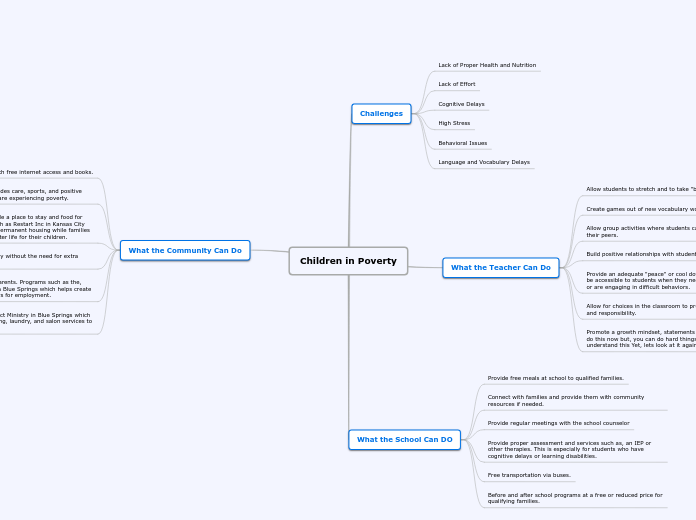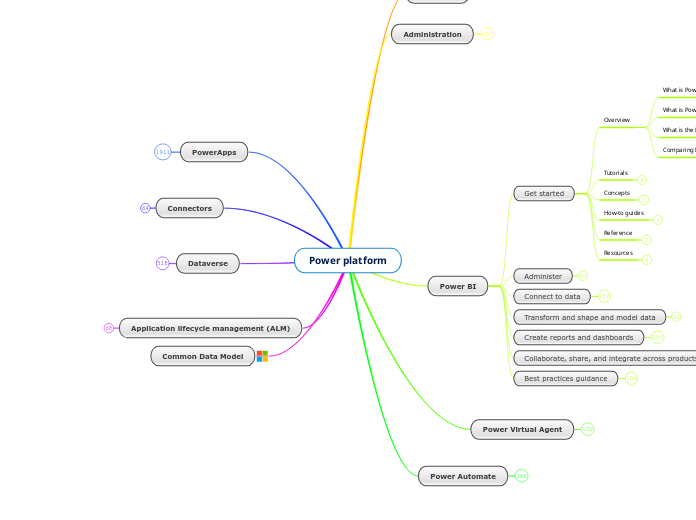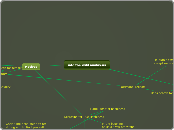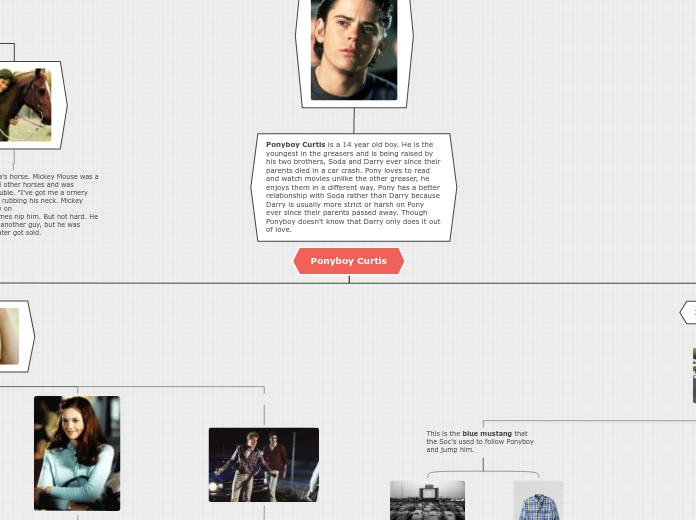ASPECTOS QUE AFECTAN LA VIDA SALUDABLE
The part of speech is a category to which a word is assigned according to its syntactic functions. In English the main parts of speech are noun, pronoun, adjective, determiner, verb, adverb, preposition, conjunction, and interjection.
RIESGOS
A conjunction is a word like 'if' 'but' or 'and' which is used to connect sentences or clauses together.
DIABETES
Subordinating conjunctions are conjunctions that are used at the beginning of subordinate clauses. Some examples of these conjunctions are: although, after, before, because, how, if, once, since, so that, until, unless, when etc.
Although it was raining, I went out.
OBESIDAD
Coordinating conjunctions always connect phrases, words, and clauses. They are: for, and, nor, but, or, yet, so.
This stew is savory and delicious.
ACCIONES HUMANAS
A preposition is one of the most exciting parts of grammar. A preposition is used to describe the location of something in relation to something else.
COSTUMBRES
A group of words used with the force of a single preposition is called phrase preposition.
according to, by means of, owing to, with a view to, in place of, in front of, etc.
COMPORTAMIENTOS
Participle preposition consists of words that end in “ing”.
regarding, barring, concerning, considering, etc.
CONDUCTAS
When a preposition consists of more than one word, it is called double preposition.
into, within, upto etc.
HÁBITOS
Compound preposition consists of two or more words.
on behalf of, according to, in front of, from across, etc.
SOCIALES
When a preposition consists of one word it is called single or simple preposition.
in, at, on, to for, of, from, up, after, over, under, with, etc.
INFLUENCIA
An interjection is used to express emotion in a sentence.
Think of other interjections!
PSICOLÓGICO
FISICO
ASPECTOS
An adverb is used to describe a verb, but it can also describe an adjective or another adverb.
Adverbs normally help paint a fuller picture by describing how something happens.
FALTA DE RELACIONES INTERPESRSONALES
Especially, Specifically, Merely, Either
CONSUMO DE SSUSTANCIAS TÓXICAS
A lot, Little, Much
CONTAMINACIÓN AMBIENTAL
The intensifiers strengthen adverbs adjectives and adverbs and down- toners make them weaker.
down-toners
intensifiers
DIETA DESBALANCEADA
Just, Afterward, Soon, Currently
FALTA DE HIGIENE PERSONAL
Always, usually, Never
SEDENTARISMO
Carefully, Slowly
PERSONA
A numeral is a word or phrase that describes a numerical quantity.
Some theories of grammar use the word 'numeral' to refer to cardinal numbers that act as a determiner to specify the quantity of a noun, for example the 'two' in 'two hats'.
POBLACIÓN
One, two..
INDIVIDUO
First, second..
SEXO
An article is a word used to modify a noun, which is a person, place, object, or idea. Technically, an article is an adjective, which is any word that modifies a noun.
FEMENNO
Indefinite articles are the words 'a' and 'an.' Each of these articles is used to refer to a noun, but the noun being referred to is not a specific person, place, object, or idea. It can be any noun from a group of nouns.
A car in the parking lot.
MASCULINO
It refers directly to a specific noun or groups of nouns.
The breakfast on my plate.
MEJORA LAS CAPACIDADES FÍSICAS
A pronoun is a word that can be used in place of a noun, typically after the noun itself has already been stated.
ENERGÍA
Unlike demonstrative pronouns, which point out specific items, indefinite pronouns are used for non-specific things. This is the largest group of pronouns. All, some, any, several, anyone, nobody, each, both, few, either, none, one, and no one are the most common.
None, Several
TONIFICA MÚSCULOS
Relative pronouns are used to add more information to a sentence. Which, that, who (including whom and whose), and where are all relative pronouns.
Which, Where
MEJORA LA IMAGEN FÍSICA
Interrogative pronouns are used in questions. Although they are classified as pronouns, it is not easy to see how they replace nouns. Who, which, what, where, and how are all interrogative pronouns.
Which, Who
CONTROLA EL PESO
Reciprocal pronouns are used for actions or feelings that are reciprocated. The reciprocal pronouns are each other and one another.
Each other, one another
CAPACIDAD PULMONAR
A reflexive pronoun ends with ...self or ...selves and refers to another noun or pronoun in the sentence (usually the subject of the sentence). The reflexive pronouns are myself, yourself, herself, himself, itself, ourselves, yourselves, and themselves.
Itself, Himself
RESISTENCIA
Demonstrative pronouns are used to demonstrate (or indicate). This, that, these, and those are all demonstrative pronouns.
This, These
FUERZA
Possessive pronouns are used to show possession. The possessive pronouns are mine, yours, his, hers, ours, and theirs.
His, Your
FLEXIBILIDAD
The personal pronouns are I, you, he, she, it, we, they. More often than not (but certainly not always), they replace nouns representing people.
He, They
ENFERMEDADES
An adjective is a word that's used to describe a specific noun and to provide more detail to the listener.
ANOREXIA
Superlative adjectives demonstrate a higher level of comparison between entities.
She is the prettiest princess.
BULIMIA
Expresses a comparison between two entities or groups of entities in quality or degree.
He is taller than she is.
IMAGENES
A noun is defined as a person, place, thing or idea. Proper nouns always begin with a capital letter. Common nouns, which are general words, such as 'cars,' are not capitalized.
DEPORTE
Compound nouns are words where two nouns have been stuck together to make a new noun. Compound nouns should be written as one word, without a hyphen.
Candlestick
HACER EJERCICIOS
A noun which refers to a group of things/people.
Family, Class
TOMA AGUA
Countable nouns are nouns that can be counted, even if the number might be extraordinarily high.
Uncountable nouns are nouns that come in a state or quantity which is impossible to count; liquids are uncountable, as are things which act
like liquids.
Cats, Rain
BUENA ALIMENTACIÓN
Proper nouns are the names of specific people or places. They should always begin with a capital letter.
Mary, Paris
VIDEOS
A verb is an action word or 'doing' word that signifies movement in some way.
Auxiliary
An auxiliary verb helps the main (full) verb and is also called a 'helping verb.' With auxiliary verbs, you can write sentences in different tenses, moods, or voices.
You have been practicing hard.
Full verb
A verb with its own meaning: a verb that is not an auxiliary verb.
Create sentences
They have it.
